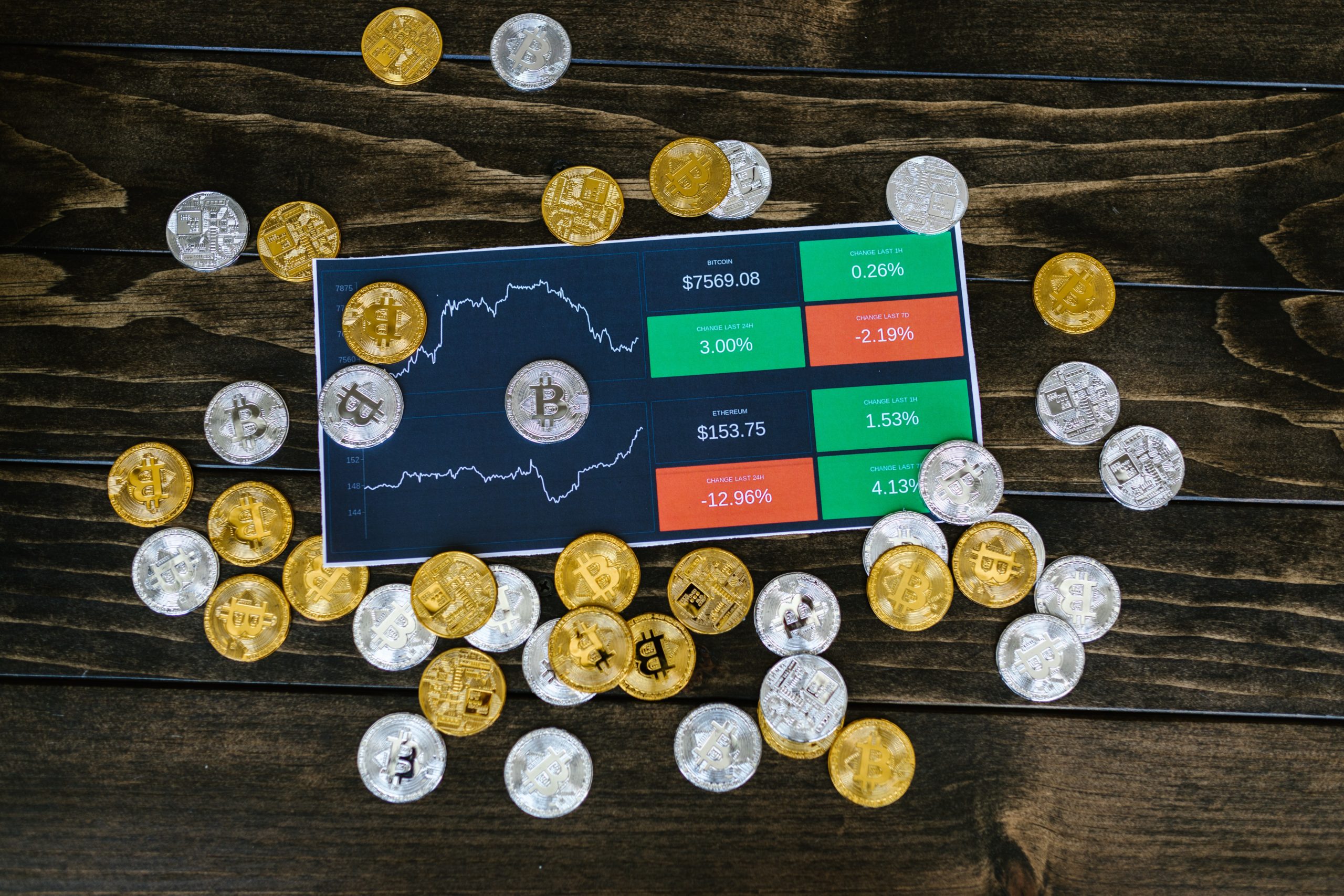We recommend the best products through our internal review process and may receive compensation if you visit partners we recommend according to our advertising disclaimer.
Even though bitcoin and other cryptocurrencies have been doing relatively well in various markets, they have encountered some problems that threaten their growth. Most recently, the Chinese government announced a ban on all cryptocurrency-related activities. The Chinese government announced several regulations and new laws that will make it extremely difficult for anyone to buy and sell cryptocurrency. Cryptocurrencies have been made illegal.
Why China Ban Cryptocurrency
The principal government bodies in China in charge of financial regulations came together. They announced the ban, informing residents and citizens of their efforts to wipe out the cryptocurrency market in China. The reasons they gave included their belief that cryptocurrency is fast becoming a means for people to engage in criminal acts such as money laundering. Following this announcement, the price of several cryptocurrencies fell drastically. Bitcoin, for example, experienced a fall of up to eight percent.
Over the past few years, the Chinese government has been implementing stricter laws that made cryptocurrency exchange in China more difficult than other parts of the world. One law was making illegal the provision of all crypto-related services by organizations. With time, these laws became stricter and tighter, even going to the extent of banning most of the activities essential to the proper functioning of the crypto market. With the introduction of this new complete ban, it will be impossible for organizations outside the country to offer cryptocurrency services to Chinese residents.

To make things even worse, the body in charge of power in China has announced that it will cut off operations related to mining cryptocurrency in China from the country’s power supply. These mining operations consume large quantities of electricity in their activities, especially when attempting to solve mathematical problems on the crypto market. Their reward for solving these problems is usually in the form of digital currency units. The agency vowed to eliminate all forms of illegal mining within China, targeting data researchers and others.
One of the Chinese government’s concerns is using coal to produce electricity for Bitcoin mining. China, in recent times, has been facing an energy crisis that has to do with the use of non-renewable power sources like coal, a key contributor to climate change. The use of coal as a power source in China has always been a problem. During an episode of The Crypto Show with Stevie Johnson, Nick Sexton mentioned, “China uses a lot of coal. The problem is that Bitcoin mining is bringing it into the spotlight, and they don’t like that spotlight.”
Digital Currency in China
China is a Communist nation, not a democracy like the United States. The government or the Chinese communist party makes all decisions, economic and financial, for its citizens. The government is free to make decisions based on what they feel is the best for its advancement. Whether their regulations adversely affect individual citizens, the government’s supposed aim is to work for the overall greater good. Hence, the ban on cryptocurrency.
These current restrictions on cryptocurrency have a lot to do with the Chinese government’s goal to gain control of all the economic activities within China. Since the principal objective of introducing Bitcoin and other cryptocurrencies was to create a decentralized currency free from the control of government-owned institutions and banks, the control of the Chinese government over the financial transactions and activities of its citizens has reduced considerably over the past few years. One of the ways the Chinese government is trying to counteract the effects of Bitcoin is by developing and introducing its very own digital Chinese yuan cryptocurrency. This currency, also called eCNY, will be created and controlled solely by the Chinese government.
However, the problem is that this digital currency’s qualities are only superficially similar to Bitcoin’s. It doesn’t make use of blockchain technology. It is not news that blockchain technology is responsible for all significant cryptocurrencies today.
Start investing in crypto here.

Will crypto recover after the China ban?
Until 2019, many cryptocurrency mining worldwide took place, primarily in China. However, with threats of the ban looming, the rate of Bitcoin mining in China dropped considerably. This means that even if China were to go all in and build a firewall around crypto mining, the crypto market would still function normally. Even though prices might drop a little, the market would eventually recover because it is impossible to ban Bitcoin completely.
Some of the essential things to note about the new cryptocurrency ban are:
- All forms of cryptocurrency trade are now entirely banned in China.
- The Chinese government is introducing its own digital Chinese yuan cryptocurrency.
- The cryptocurrency market will function normally even after the ban.
If you want to learn more about cryptocurrencies, download the 2021 Cryptocurrency
Investment For Free: https://bit.ly/3yzMetg
Follow us on Twitter: https://www.twitter.com/


